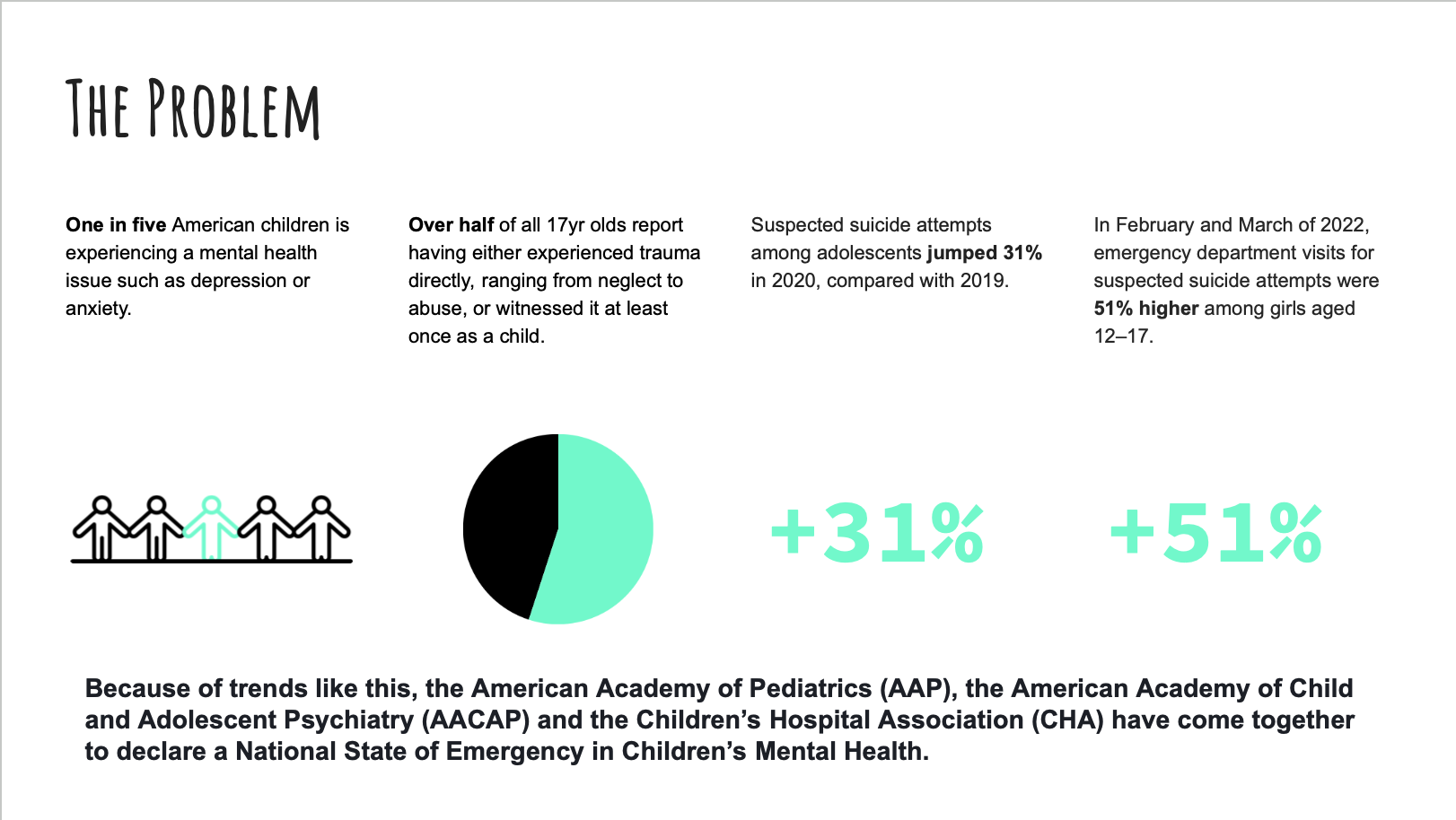WHY
Coaching lends itself so well to teenagers and emerging adults. They are in a sensitive stage of development and therefore are more in tune with others’ judgement. They are more self-conscious as they are forming their identities and trying to fit in. As they deal with heightened emotions and sensitivity with hormone surges, they are more impulsive and willing to take risks as they separate from family and create their own community. A non-judgmental approach is healthy for everyone but especially important during this developmentally vulnerable stage. Feeling heard can make the difference between if they reach out for help when they’re struggling or get the support and guidance they really need as they navigate toward healthy independence. A non-directive approach is a way to respect their need to develop their own voice, choice and self-confidence (Youth Coaching Institute).

Where Science meets Art
“Research shows that having just one caring adult can make the difference between whether a child will thrive or not.”
Marc Brackett, Permission to Feel
“We can choose how we approach life, especially during major inflection points-adolescence, midlife, times of loss or trauma. We can ignore the existential questions, and the booting-up of our spiritual awareness. We can medicate with pharmaceuticals that dull the pain of the questions, or with substances that give us a temporary reprieve-or a synthetic version of the transcendence we long for. Or we can open the door to a reshuffling of meaning, to the foundational, felt awareness that we are loved and held and part of it.”
Lisa Miller, The Awakened Brain
“The teenage brain is especially primed to learn during the growth spurt. As the white matter grows, it allows for more and stronger interconnections within and across brain areas permitting sophisticated, smoother, faster communication.”
Lea Waters, The Strength Switch








